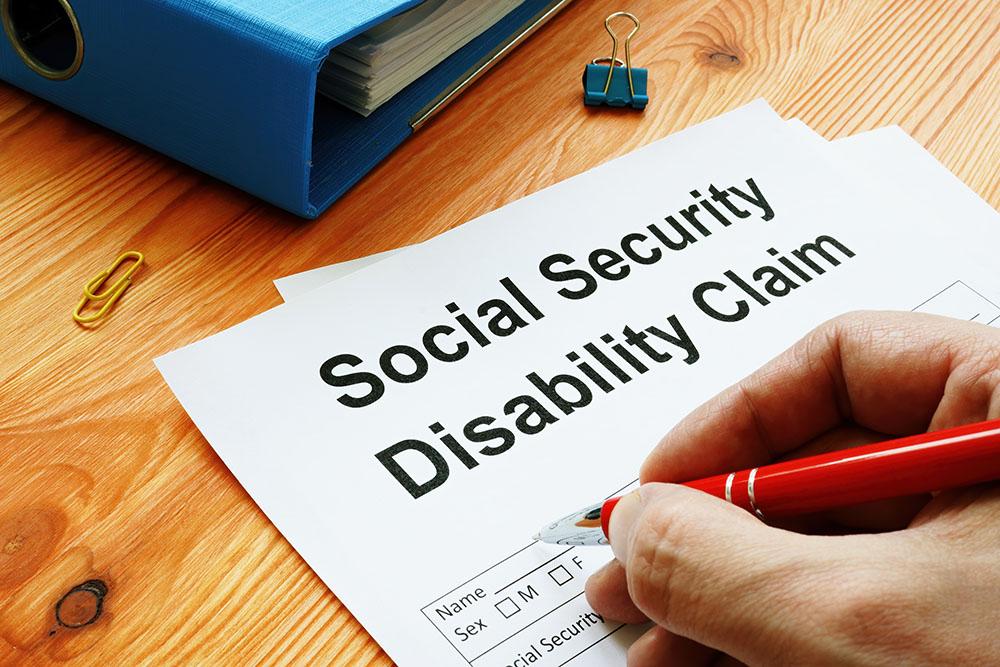Sexual abuse in corporate environments is a delicate and distressing issue. While it often remains hidden beneath the surface, its effects can be devastating for victims and damaging to overall workplace morale. Recognizing and addressing these incidents head-on ensures a safer, more supportive work setting for everyone. Understanding the nuances of these offenses and how to respond to them with clarity and determination is important. As workplaces become more aware of these issues, having the right tools to tackle such situations becomes invaluable.
Being aware of how to report abuse is as important as recognizing it. Establishing an effective response promotes a culture of safety and respect. As we navigate these complexities, finding pathways to speak up and take action provides hope and recovery for many. Armed with the knowledge of proper reporting channels, many victims and bystanders can find the courage to act. This article seeks to demystify the reporting process so that it becomes more approachable for those who need it.
Recognizing Sexual Abuse in the Workplace
Spotting abuse early is key in preventing long-term harm. Being vigilant about recognizing the signs can help in taking prompt action. Here are some common indicators that might point to inappropriate behavior:
– Unwanted touching or invasive physical behavior
– Suggestive or inappropriate remarks
– Pressure to engage in activities outside of work
– Discomfort or anxiety around certain individuals or situations
– Fear or reluctance to be alone with a particular person
Recognizing these behaviors enables employees to maintain a watchful eye, fostering a safer environment. Increased awareness encourages speaking up without hesitation when things feel off. It’s important to remember that these signs can sometimes be subtle, so listening to one’s instincts can be useful.
Creating an atmosphere where people feel comfortable reporting these signs contributes to a healthier workplace culture. A supportive community within the workplace can ensure that everyone is looking out for each other’s well-being. Encouraging open discussions and regular training on these issues can heighten awareness and empathy around the office. It can make a big difference in steering clear of potential abuse and ensuring that help can be sought when needed.
Steps to Take if You Suspect Abuse
If you suspect abuse, taking immediate actions can make a significant difference. The first step is ensuring the safety of those involved. This might mean moving away from the harmful environment or alerting someone in the position of authority to help. It’s important to act while considering the safety of yourself and the victim, ensuring that the immediate threat is minimized as much as possible.
Once immediate safety is secured, begin documenting the incidents. This involves noting down details such as dates, times, locations, and any witnesses present during the events. Maintaining a record of these details can be helpful in establishing a pattern of behavior and is invaluable when officially reporting the abuse. Photographs or recordings, if possible and safe to obtain, can further strengthen your documentation.
Reporting Mechanisms and Support
Establishing the correct reporting pathway is important to ensure incidents are dealt with appropriately. Start by exploring internal reporting channels within the company. Many organizations have Human Resources or dedicated personnel trained to handle such sensitive matters. Knowing how to access these resources and who to contact can streamline the reporting process.
External channels also offer support if internal paths do not suffice. Community organizations, hotlines, and legal advisors provide additional layers of assistance. For instance, an employee may contact a hotline focused on workplace misconduct or seek advice from legal professionals familiar with handling such cases. Remember, it is entirely reasonable to seek guidance outside of the workplace, especially if internal processes are intimidating or ineffective.
Resources and Support for Victims
Being aware of available resources can greatly aid those affected by abuse. Counseling and mental health services are essential for helping victims process their experiences and begin healing. Many corporations offer Employee Assistance Programs (EAPs) that provide free, confidential resources to employees in need. These services can include therapy sessions or referrals to external experts.
Support groups and organizations serve as additional networks where individuals can connect with others who’ve faced similar experiences. Engaging with peers who understand can offer comfort and practical advice on navigating difficult waters. Whether through counseling or community support, these resources are vital in rebuilding confidence and aiding recovery.
Moving Forward
Creating a safer working environment requires collective effort. Openness and regular communication about these issues foster a culture of trust and respect. Encouraging preventive measures, like regular workshops and training sessions, can contribute to a more aware and supportive workplace. Bringing attention to these preventive steps is a proactive way to cultivate safety.
A resilient community of colleagues willing to listen and stand by each other creates a foundation for security. Through understanding, vigilance, and readiness to act, each individual contributes to a supportive and respectful workplace. This shared responsibility leads to healthier interactions and ensures everyone feels secure and valued at work.
If you’re seeking guidance on understanding and addressing sensitive situations of abuse within corporate or other environments, knowledgeable support can make all the difference. For those needing legal advice or assistance, particularly in cases involving clergy, consider reaching out to a qualified clergy sex abuse attorney. At Greg Jones Law, P.A., we aim to help victims navigate their options with care and expertise. Explore how we can assist you in taking the next steps toward justice and healing. Your path to safety is important, and you don’t have to face it alone.




